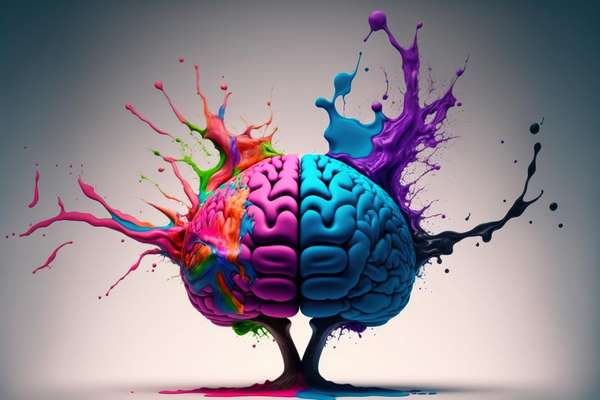A study by Mass General Brigham researchers confirms that creative tasks activate a single neural circuit, and brain damage or neurodegeneration can influence creativity.

By analyzing functional MRI (fMRI) data from 857 participants across 36 studies, Julian Kutsche and his team explored the neural basis of creativity in various domains, including drawing, writing, and music. Their research sought to determine which brain regions are crucial for creativity and how brain injuries affect creative abilities.
The study revealed that brain areas in creativity negatively connect with the right frontal pole, a region responsible for self-regulation and behaviour control. This supports the idea that creativity requires reduced self-monitoring; as Isaiah Kletenik, MD, explains: “To be creative, you may have to switch off your inner critic.”
Interestingly, some neurodegenerative processes may enhance creativity, suggesting new possibilities for stimulating brain activity to boost creative potential. While the exact neural mechanisms of creativity remain unclear, these findings provide a foundation for future research into cognitive function and brain plasticity.






